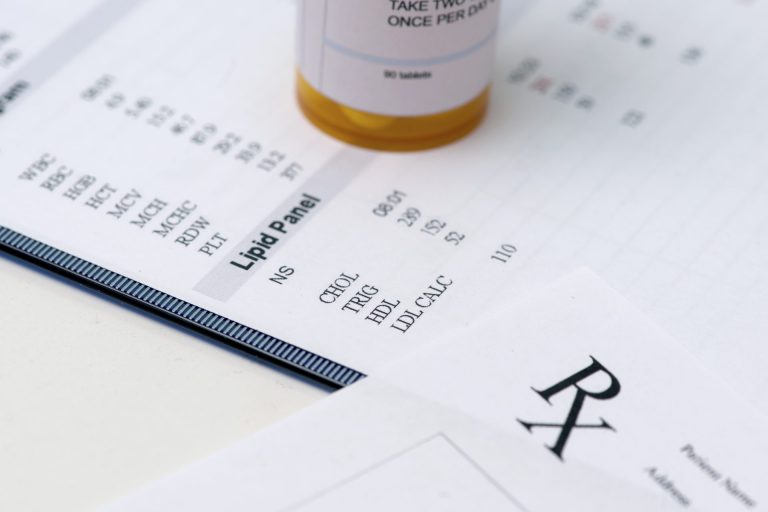
Heart-related cause: Pericarditis
Patients with pericarditis reported dull pain as the most common symptom. In general, this type of pain occurs in the center of your chest. However, some people feel it on the left side. Essentially, pericarditis is inflammation of the heart, and in the vast majority of cases, the root cause is unknown.
Some doctors think that bacterial or viral infections may cause pericarditis. When compared to myocarditis, pericarditis refers to the inflammation of the sac that covers the heart.
Another important thing about this health condition is that it’s not common at all. In fact, it affects about 0.1% of hospital admissions.
Other pericarditis symptoms include:
- mild fever
- tiredness
- muscle ache
With proper rest and certain medications, pericarditis symptoms usually vanish in one or two weeks.
Heart-related cause: Aortic aneurysm
The scary part of an aortic aneurysm is that it may not cause any noticeable symptoms. In some cases, patients reported tenderness to touch, but nothing to raise any concerns.
As the name says, this condition happens in the aorta, the artery that’s responsible for carrying blood from your heart to blood vessels. That blood can lead to a bulge formation that looks like a balloon. Well, the formation is actually called an aortic aneurysm.
If you do spot any signs and symptoms, they may be the following:
- shortness of breath
- coughing
- tenderness in the check or abdomen (sometimes in the back)
Contact your doctor ASAP if you spot the slightest change in your breathing along with tenderness in the chest when touched.
Heart-related cause: Aortic dissection or Rupture
We know… the name itself sounds really bad, and everything is actually linked to aortic aneurysms. How so? Because an aortic aneurysm can eventually lead to an aortic dissection. It is basically a split within aortic layers that are responsible for letting blood leak out.
On top of that, it can also rupture, meaning that it can cause blood to burst from the aorta. Rupture symptoms may include:
- pain in your jaw, arms, or neck
- difficulty breathing
- constant and severe pain in your chest (sometimes in the upper back too)
Do not ignore these signs and symptoms! Aortic dissection or rupture is a serious health condition that should be treated immediately.

























